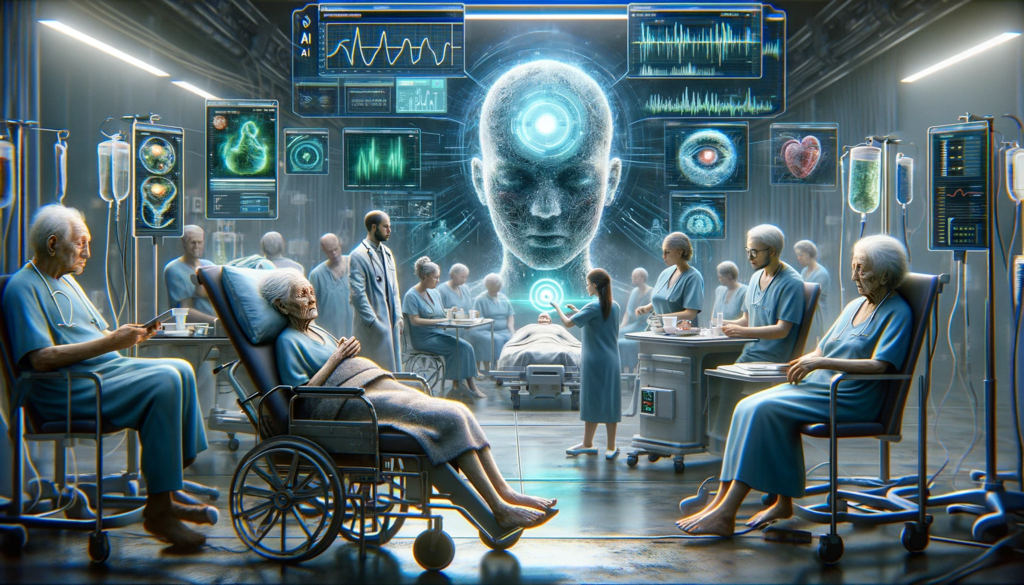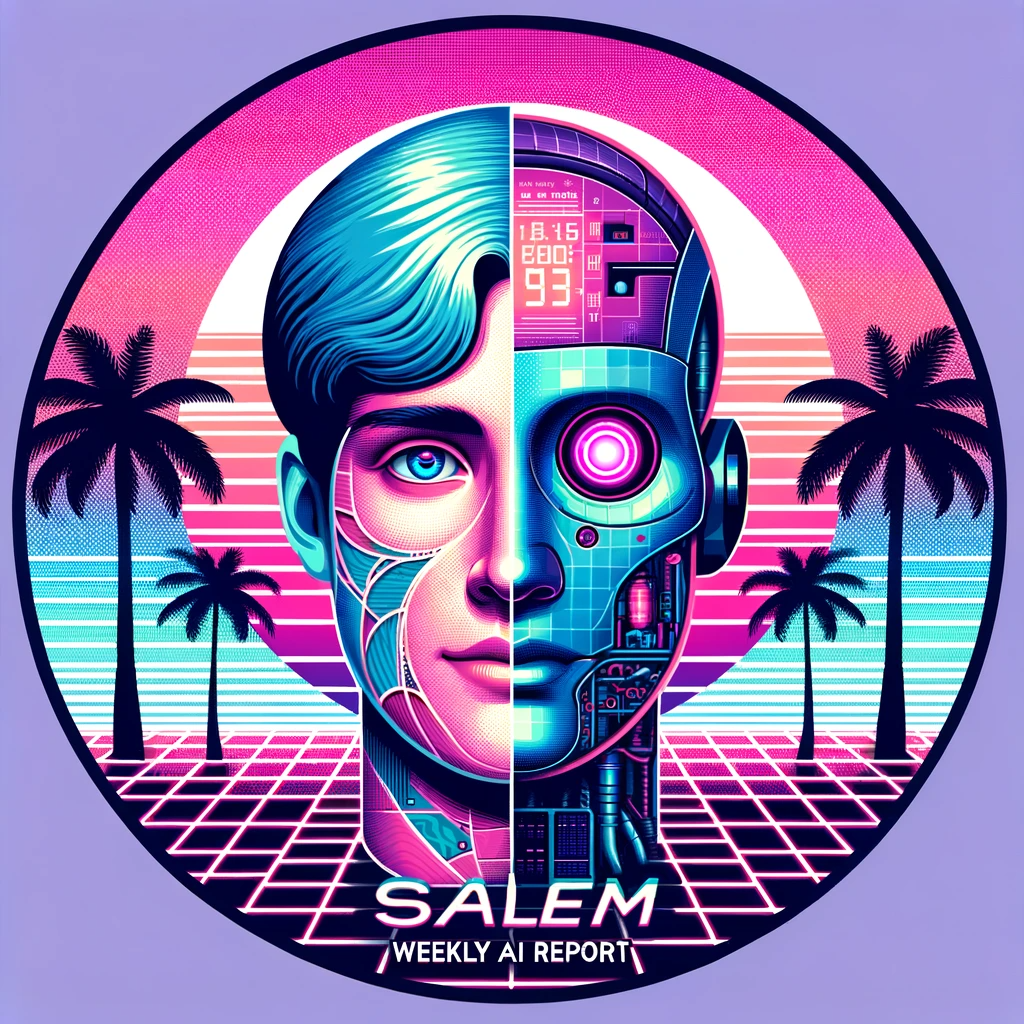
'AI' Is Supercharging Our Broken Healthcare System’s Worst Tendencies
‘AI’ Is Supercharging Our Broken Healthcare System’s Worst Tendencies
The use of artificial intelligence (AI) in the healthcare industry has become increasingly popular in recent years. From diagnosing diseases to developing new drugs, AI has the potential to revolutionize the way we approach healthcare. However, as with any new technology, there are concerns about its impact on society, particularly in the context of healthcare. In this blog post, we will explore how AI is exacerbating some of the worst tendencies of our broken healthcare system.
Firstly, AI is being used to deny necessary medical care to elderly patients on Medicare Advantage plans. According to a report by the New York Times, UnitedHealth Group, one of the largest Medicare Advantage insurers, has been using AI to determine whether patients should be cut off from Medicare benefits. The AI algorithm, called nH Predict, estimates the likelihood of a patient’s recovery based on their medical history and other factors. However, the algorithm does not take into account important details such as comorbidities and other relevant factors that occur during hospital stays. This has led to patients being denied necessary medical care, resulting in serious health consequences.
- Elderly patients on Medicare Advantage plans
- UnitedHealth Group
- AI algorithm called nH Predict
- Denying necessary medical care
- Serious health consequences
Secondly, AI is being used to maximize profits for insurance companies at the expense of patient care. Insurers are using AI to deny claims for medical procedures and treatments, even when they are medically necessary. This is because AI algorithms are designed to minimize costs and maximize profits, rather than prioritize patient care. This has led to a situation where patients are being denied necessary medical care, resulting in serious health consequences.
- AI is being used to deny claims
- Medically necessary medical procedures and treatments
- AI algorithms are designed to minimize costs and maximize profits
- Patients are being denied necessary medical care
- Serious health consequences
Thirdly, AI is being used to perpetuate health disparities and exacerbate existing inequalities in healthcare. AI algorithms are trained on historical data, which often reflects existing health disparities. This means that AI is more likely to make inaccurate predictions and recommendations for patients from underrepresented communities, perpetuating existing health disparities. Additionally, AI is being used to target advertising and marketing to patients based on their medical history, which can further exacerbate existing health disparities by promoting unnecessary medical procedures and treatments.
- AI is being used to perpetuate health disparities
- Existing health disparities
- AI algorithms are trained on historical data
- Inaccurate predictions and recommendations
- Targeting advertising and marketing
- Promoting unnecessary medical procedures and treatments
Fourthly, AI is being used to replace human judgment and decision-making in healthcare, which can lead to errors and mistakes. AI algorithms are not infallible, and they can make mistakes that can have serious health consequences for patients. Additionally, AI is being used to replace human judgment and decision-making in healthcare, which can lead to errors and mistakes that can have serious health consequences for patients. This is because AI algorithms are not able to take into account all of the nuances and complexities of human decision-making, which can lead to errors and mistakes that can have serious health consequences for patients.
- AI is being used to replace human judgment and decision-making
- Errors and mistakes
- AI algorithms are not able to take into account all of the nuances and complexities of human decision-making
- Serious health consequences for patients
Finally, AI is being used to perpetuate the over-reliance on technology in healthcare, which can lead to a loss of human touch and compassion. AI algorithms are being used to replace human touch and compassion in healthcare, which can lead to a loss of human touch and compassion. This is because AI algorithms are not able to provide the same level of human touch and compassion that human healthcare providers can provide. This can lead to a loss of human touch and compassion in healthcare, which can have serious health consequences for patients.
- AI is being used to perpetuate the over-reliance on technology
- Loss of human touch and compassion
- AI algorithms are not able to provide the same level of human touch and compassion
- Serious health consequences for patients
In conclusion, while AI has the potential to revolutionize the way we approach healthcare, it is also exacerbating some of the worst tendencies of our broken healthcare system. From denying necessary medical care to perpetuating health disparities and exacerbating existing inequalities in healthcare, AI is having a significant impact on society, particularly in the context of healthcare. It is important that we approach the use

